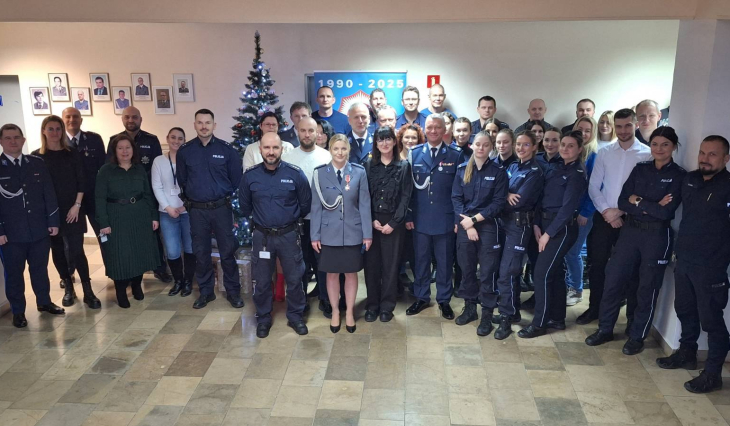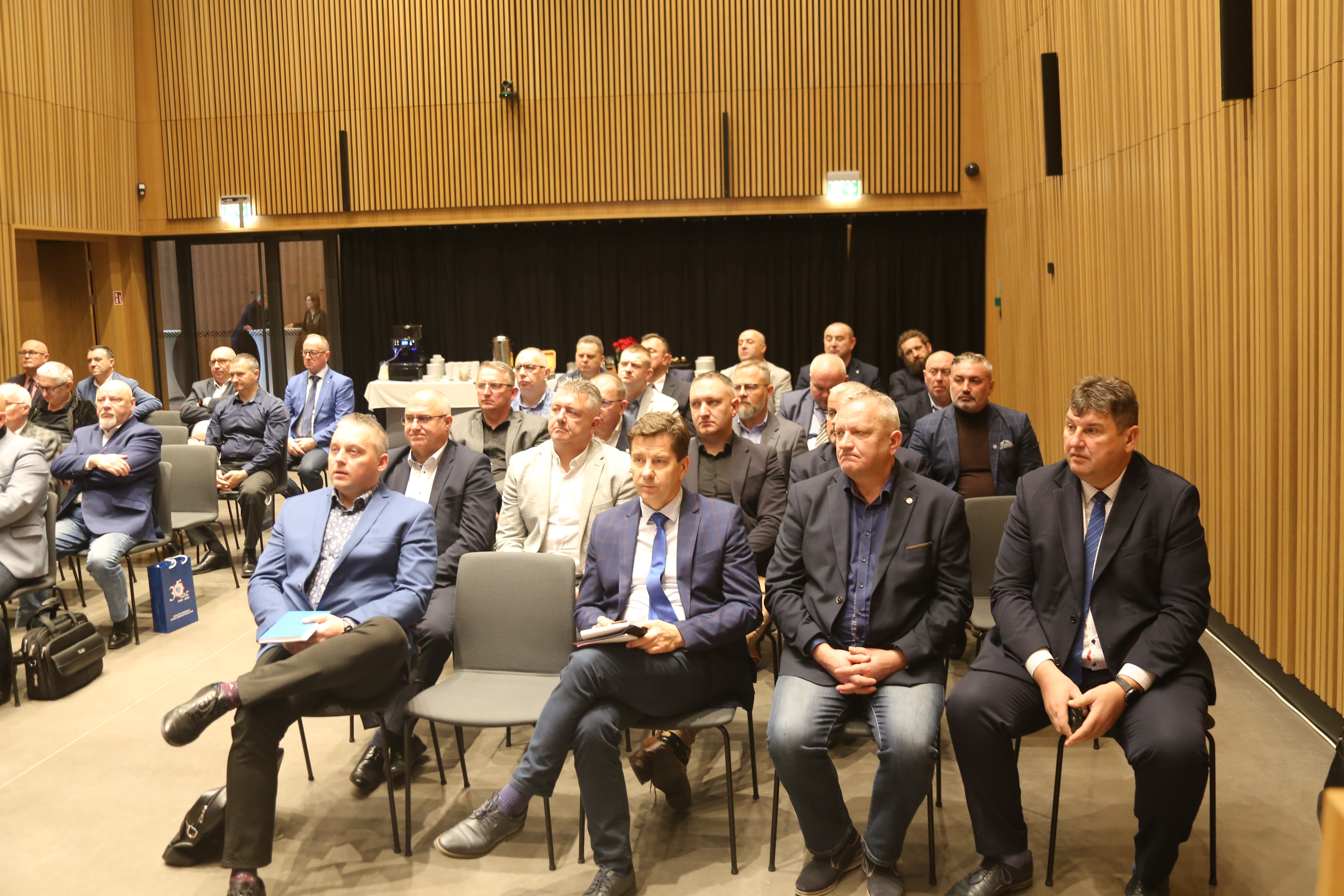
SEOUL- On December 29, a tragic crash involving a Jeju Air (7C) Boeing 737-800 at Muan Airport (MWX), South Korea, killed 179 people. The incident, which followed a failed landing gear deployment, revealed a troubling issue with the aircraft’s black boxes.
South Korean officials confirmed that both the cockpit voice recorder (CVR) and flight data recorder (FDR) stopped recording approximately four minutes before the crash.
The U.S. National Transportation Safety Board (NTSB) further analyzed the devices and corroborated the finding that crucial data from the last minutes of the flight were missing.
Investigations are ongoing to determine why the black boxes failed to record during this critical period.
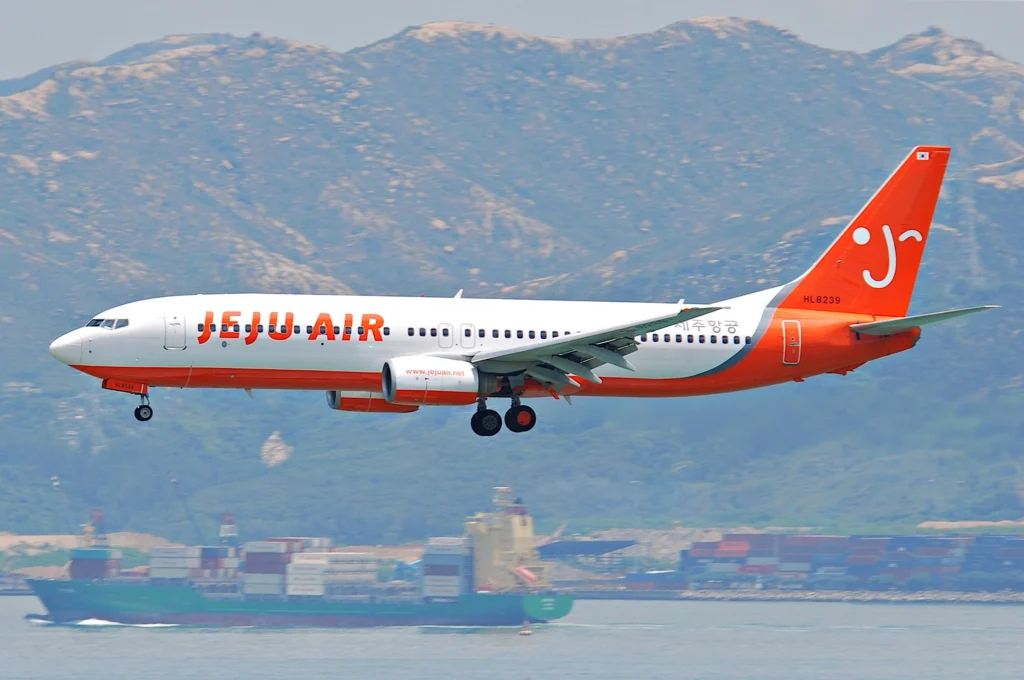 Photo: Aero Icarus | Flickr
Photo: Aero Icarus | FlickrJeju Air Black Box Failure
The primary focus of the investigation is understanding the failure of the Jeju Air (7C) black box, which plays a pivotal role in accident analysis.
According to South Korean officials, while the CVR and FDR stopped recording just minutes before the crash, this data loss is still under thorough examination.
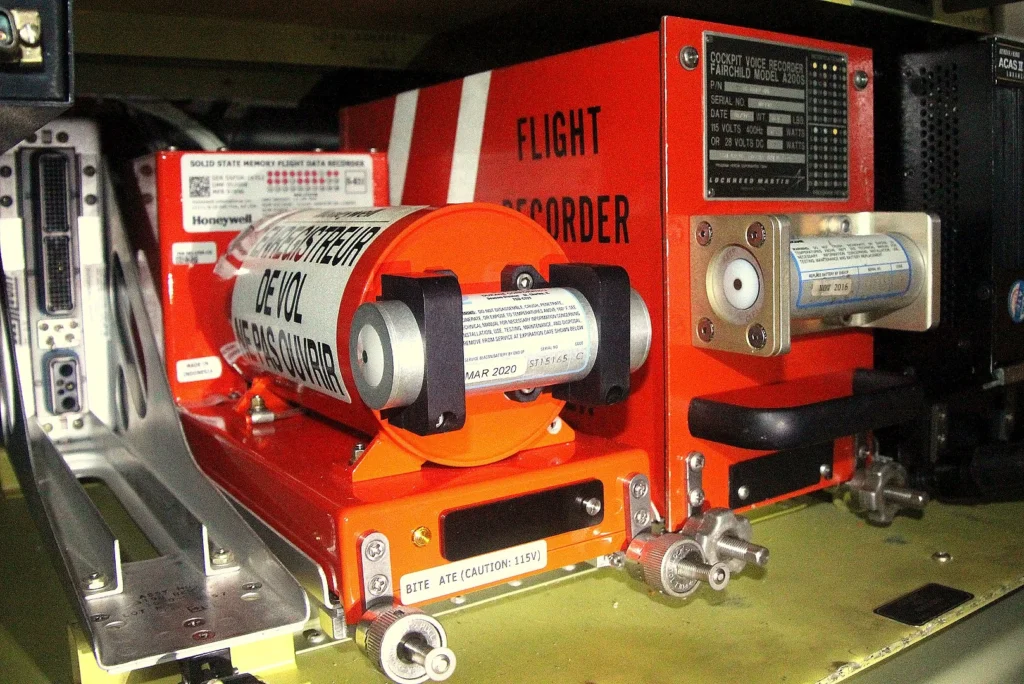 Photo: By YSSYguy at English Wikipedia, CC BY-SA 3.0, https://commons.wikimedia.org/w/index.php?curid=48246637
Photo: By YSSYguy at English Wikipedia, CC BY-SA 3.0, https://commons.wikimedia.org/w/index.php?curid=48246637Despite this setback, the investigation will continue, leveraging other sources of information to piece together the events leading to the disaster.
Air traffic controllers had warned the pilot of potential bird strikes two minutes before the aircraft’s distress signal confirmed that a bird strike had occurred.
The pilot then attempted an emergency landing, but the aircraft ultimately skidded off the runway, crashing into a concrete structure and igniting into flames. Of the 181 people on board, only two survived.
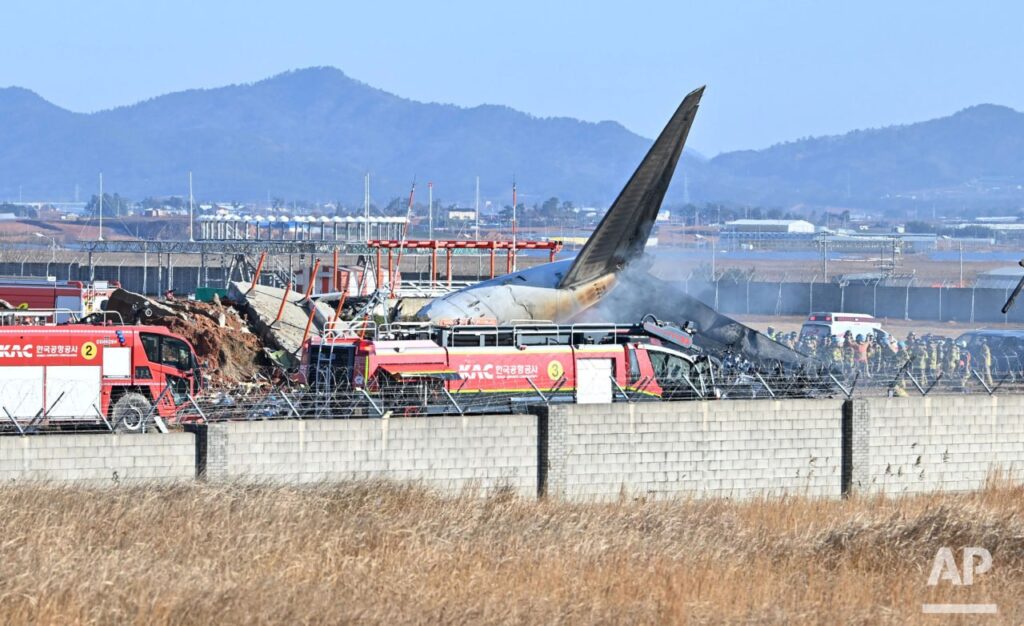 Image via AP
Image via APInvestigation Reports and Responses
Investigations also suggest that Muan Airport’s (MWX) localizer system could have contributed to the severity of the crash.
The system, designed to guide aircraft during landings, was housed in a concrete structure that was covered with dirt and situated on an embankment.
Experts have questioned whether the structure should have been built with lighter materials that could have reduced the impact of the crash and potentially saved more lives.
Following the crash, South Korea’s government ordered an inspection of all Boeing 737-800 aircraft operated by domestic airlines. This measure aimed to ensure the safety of similar aircraft and prevent future incidents.
Additionally, South Korean officials pledged to improve airport safety measures, particularly focusing on making crucial safety systems more resilient.
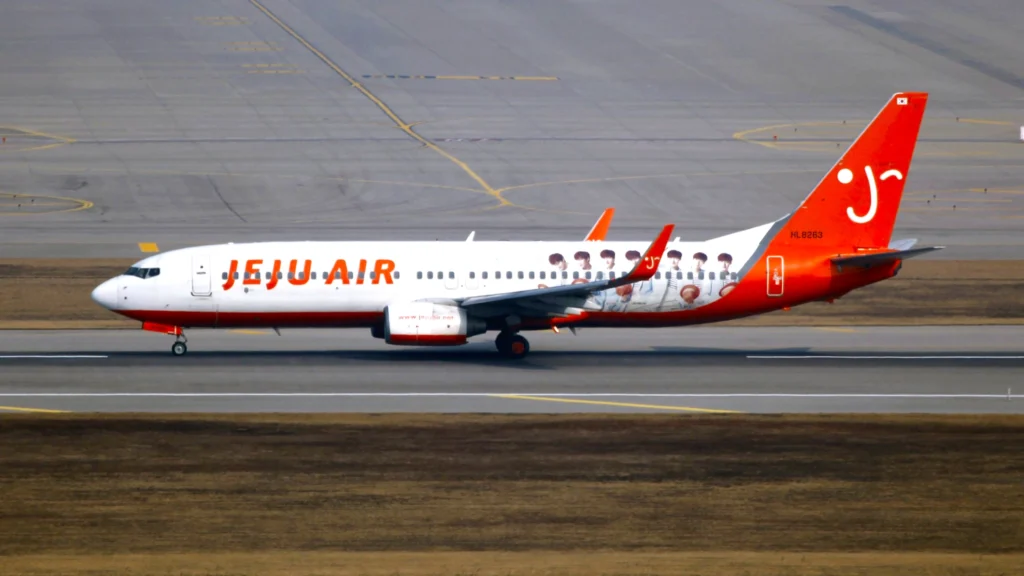 Photo: byeangel | Flickr
Photo: byeangel | FlickrBottom Line
The investigation into the Jeju Air crash highlights critical lessons for both aircraft manufacturers and airport authorities.
While the cause of the black box failure remains unclear, the incident underscores the importance of continuous safety improvements in aviation.
South Korean officials are committed to uncovering the full scope of the accident and ensuring that such tragedies do not occur again.
Stay tuned with us. Further, follow us on social media for the latest updates.
Join us on Telegram Group for the Latest Aviation Updates. Subsequently, follow us on Google News
GE Aerospace Joins Jeju Air Deadly 737 Plane Crash Investigation
The post Jeju Air Crash: Black Box Failed to Record Last 4 Minutes Data appeared first on Aviation A2Z.









